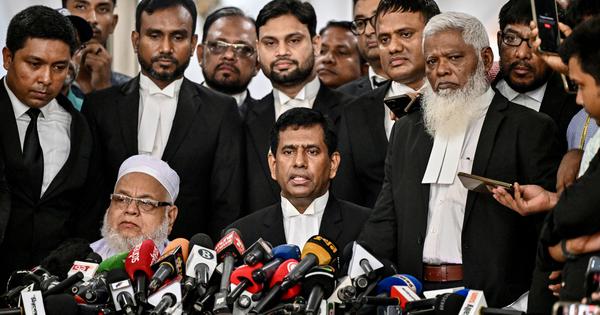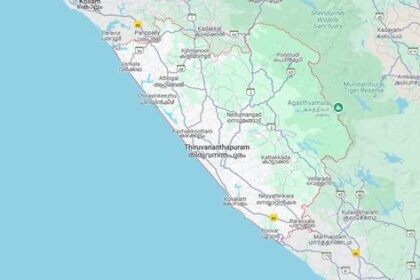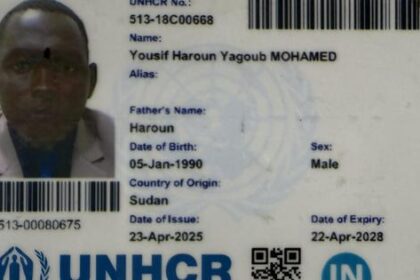Yunus-led interim government amends laws to target political opponents through the International Crimes Tribunal.
The interim regime in Bangladesh is taking decisive steps against the Awami League, a dominant force in the country’s political landscape. Amid ongoing uncertainty about the electoral timeline, with the Election Commission yet to set a firm date for the polls scheduled in February 2026, the government led by Muhammad Yunus has introduced measures that could significantly affect future electoral candidates. The recent amendment to the rules governing the International Crimes Tribunal stipulates that individuals facing police indictments for crimes against humanity will be barred from contesting elections or holding government positions.
This development is reminiscent of the tribunal’s establishment during Sheikh Hasina’s administration, which has faced accusations of being a mechanism for political retribution. Since its inception, the International Crimes Tribunal has been criticized for its judicial practices, with claims of failing to adhere to international standards. The current government’s actions seem to further entrench this contentious practice within the framework of Bangladesh’s judiciary.
The latest amendments specifically target individuals with criminal charges, aiming to disqualify them from public office. This move follows a series of legal actions initiated against Sheikh Hasina and her associates shortly after her removal from power in 2024. The tribunal had issued arrest warrants against her and others, highlighting a pattern of legal maneuvers perceived as politically motivated.
As the International Crimes Tribunal shifts its focus to addressing alleged crimes against humanity linked to the state’s response to mass protests in 2024, concerns about due process and judicial fairness have surfaced. Observers have noted procedural shortcomings, particularly regarding trials conducted in absentia, which raise significant questions about the rights of the accused. The tribunal’s reliance on leaked recordings and testimony from hostile witnesses further complicates its legitimacy.
Amidst these developments, the Bangladesh Nationalist Party has sought international scrutiny regarding the violence that erupted during the protests, prompting a UN inquiry into the reported abuses. In light of international criticism, the interim government has made amendments to the tribunal’s act to permit international observers and live broadcasts of proceedings, aiming to enhance transparency.
However, the balance between maintaining sovereignty and ensuring judicial integrity remains delicate. Proposals for international involvement, such as independent monitoring or advisory opinions from international law experts, could provide necessary oversight without compromising national authority. Such reforms could strengthen the tribunal’s procedural framework and align it with international best practices.
The focus on victims, particularly the families affected by the 2024 violence, must remain central to the judicial process. International assistance could be instrumental in funding fair trial initiatives while respecting Bangladesh’s sovereign control over its legal proceedings. The challenge lies in ensuring that justice is pursued without sacrificing essential rights or normalizing selective justice.
As the International Crimes Tribunal continues its work, the potential consequences of its actions on the political climate and judicial independence in Bangladesh are significant. The legitimacy of the tribunal will depend on its ability to uphold due process and maintain impartiality, particularly in politically charged cases. If it can achieve this while addressing the grievances of victims, the tribunal may set a precedent for how similar situations are handled in the future, contributing to a more stable and just political environment in Bangladesh.








